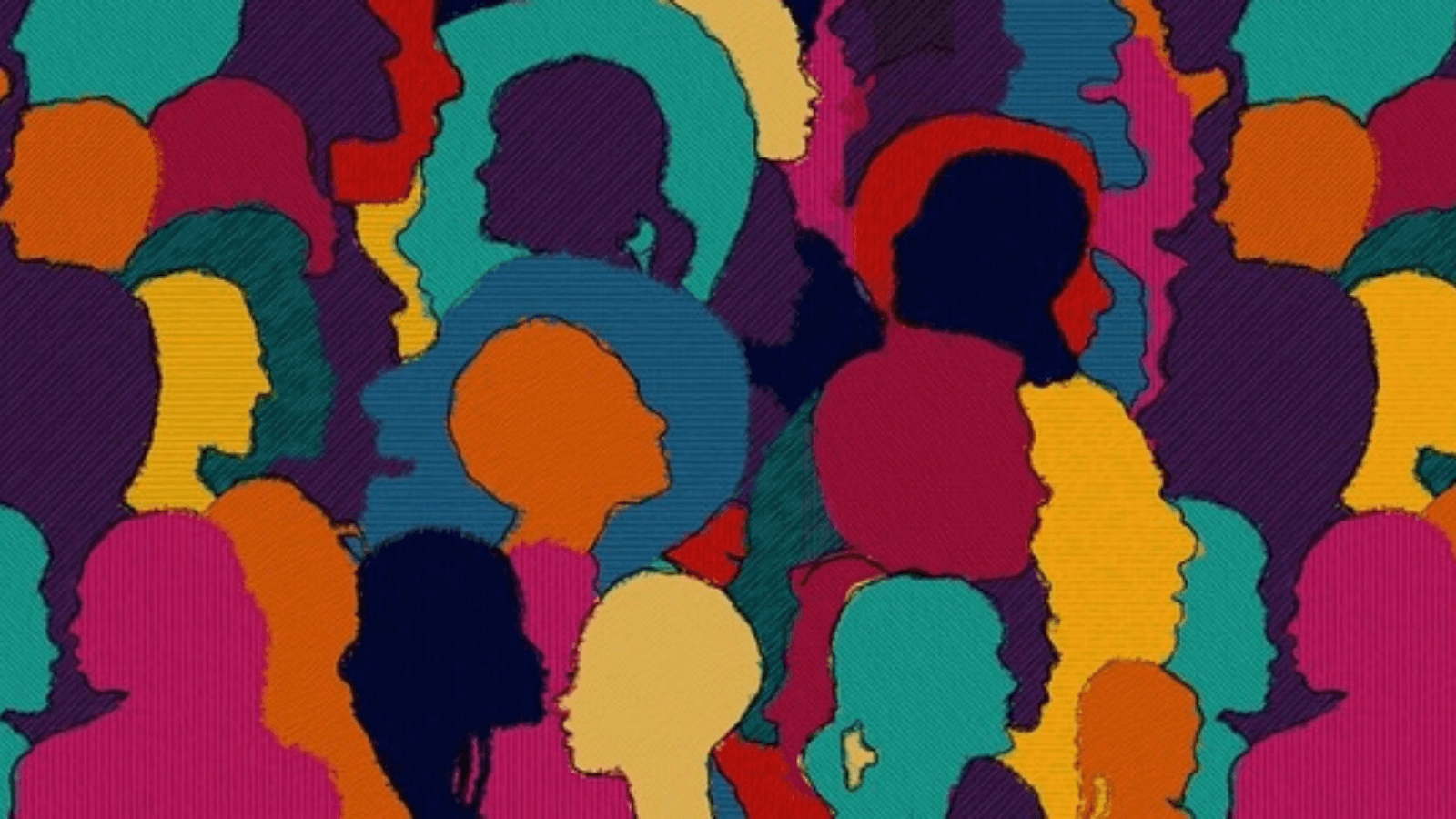
What if citizens were not seen merely as beneficiaries of research but were instead considered as leaders and initiators? At a recent NCACE ‘What if?’ event, facilitated by Suzie Leighton, we explored the theoretical and practical implications of this question. The concept for this event had emerged from a year-long conversation between Robert Crawshaw and Bambo Soyinka, who are the co-authors of this blog post:
‘Citizen Research’, as I see it, is an approach to knowledge creation that recognises that some of the best insights emerge from outside of the professional academic sphere. Bambo Soyinka.
The question is to know how the natural creativities of individuals should, in the future, express themselves in ways which benefit them and the communities to which they belong. Robert Crawshaw
With these issues in mind, the event provided an opportunity to review the theoretical and practical principles governing citizen research. To initiate discussion, we invited four participant-experts to introduce individual sections designed to address the following questions: What is the civic role of research? Which methodology? Who are the researchers? Where does the power lie? The initiators were Anita Shervington, Pippa Hale, Jo Robinson, and Grace Bremner.
Anita Shervington is Director of BLAST Fest, a pop-up festival and community engagement lab based in Birmingham that fuses the creative power of science, arts and Black culture to catalyse social change. She spoke about the need to build a community-based research infrastructure that would increase the power of local people to enter into partnership with professional researchers. Local participants would have new opportunities to shape research questions and develop the acumen to maximise the impact of their research for the benefit of their communities.
Pippa Hale is a contemporary artist based in Leeds whose practice centres on social history, geography and play. She spoke about the project ‘Revealed Roots, Concealed Connections’ at Clifton Park Museum, where three members of the museum’s front-of-house staff were involved in the entire process of creation, curatorship and interaction with the public. This included identifying areas of research which corresponded to their own interests and were essential to the identity of Rotherham. The project involved generating new ideas, selecting artefacts based on preliminary research, and producing and installing original artworks.
Jo Robinson is Head of the School of English Literature, Language and Linguistics and Professor of Theatre and Performance at Newcastle University. Since 2018, she has led the AHRC-funded project ‘Citizen Scholarship in Nottingham: understanding the value of engaging users with heritage and culture’. Her contribution highlighted those features of research methodology she had found to be most effective in promoting public involvement in citizen research.
Grace Bremner is the Creative Civic Change Lead for Local Trust, with responsibility for exploring how power, decision making and resources can be meaningfully shifted to communities. In sharing her experiences of Local Trust’s programmes, she addressed the fundamental question of the extent to which communities wanted to do ‘research’, and, if they did, what form it might take outside an academic context.
We hope that this conversation will inspire future dialogue within and between networks responsible for the development of creative approaches to applied interdisciplinary research and practice in the UK. If you would like to contribute to a crowd-sourced project on citizen research, keep an eye out for our blog next month - which will include a downloadable working paper with a full account of the event!
Bambo Soyinka and Robert Crawshaw
About the authors:
Robert Crawshaw is Senior Research Associate attached to Lancaster University and coordinator of the Task Force ‘Cultural Literacy and Social Futures’ for the international association Cultural Literacy Everywhere. Bambo Soyinka is Professor of Story and Director of The Research Centre for Transcultural Creativity and Education (TRACE) at Bath Spa University.
